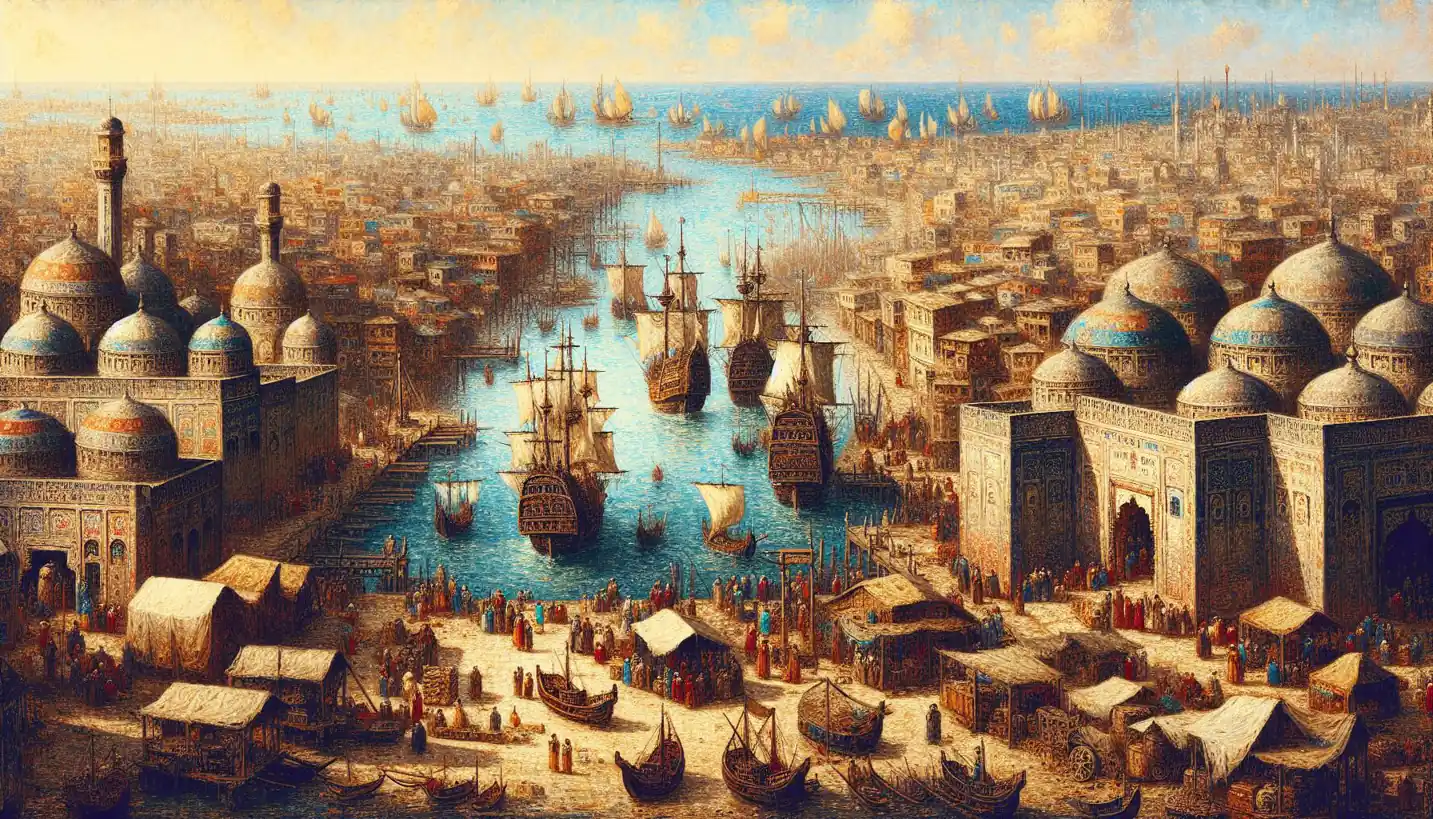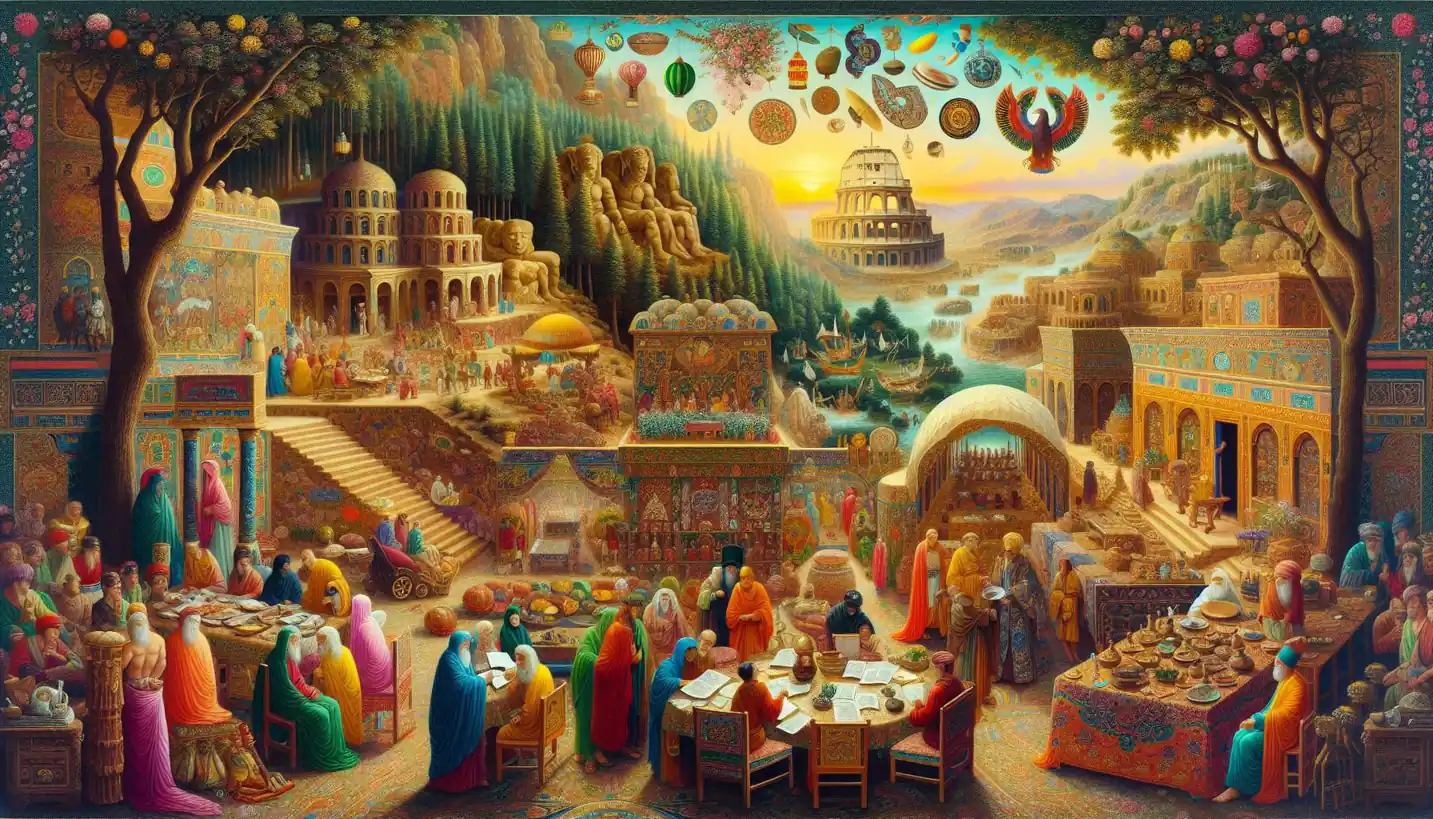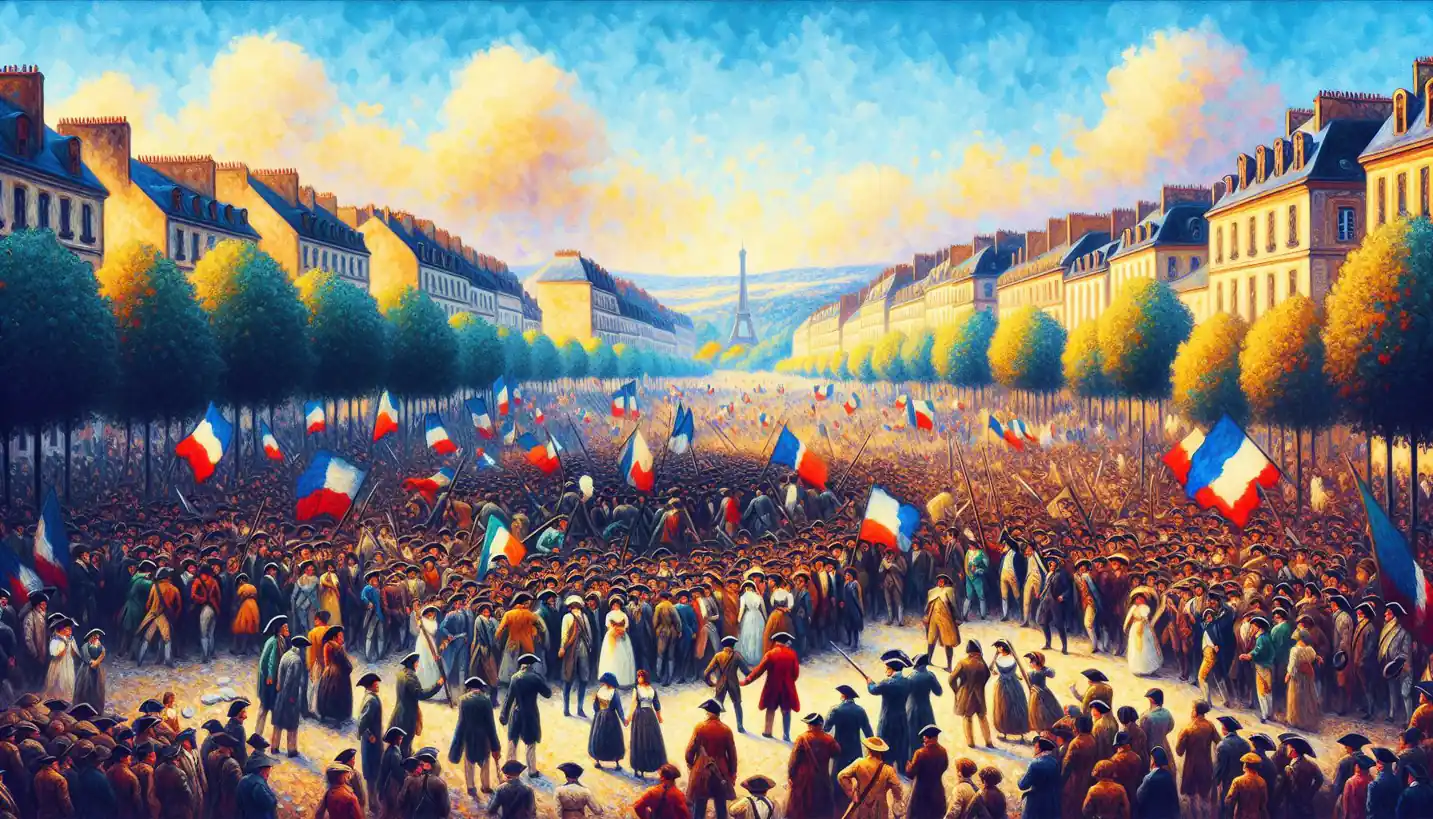· History · 4 min read
Historiographical Essay: Exploring the Layers of History
A Historiographical Essay delves into the layers of interpretations and angles historians take when analyzing the past. Explore how these essays reveal the multifaceted nature of history.

Understanding the past isn’t just about knowing what happened; it’s about seeing how those events have been interpreted, debated, and presented over time. That’s where a historiographical essay comes in. It’s like peeling back layers of historical interpretation to see how our understanding of history has changed.
Historiography is basically the study of how history has been written. It digs into the methods and interpretations used by historians throughout time. Think of it as a conversation between historians across the ages, each bringing their own viewpoint to the table, shaped by their own time and place.
What is a Historiographical Essay?
A historiographical essay isn’t just a retelling of historical facts, nor is it a mere summary of various historical accounts. Instead, it’s an analysis of how those accounts have evolved. Imagine watching a movie, but instead of just following the plot, you’re also noticing how different directors might interpret the story differently. That’s what historiography does for history—it examines these changing interpretations and the reasons behind them.
Understanding Historiography Through Examples
Consider how different historians have viewed the American Revolution. Early interpretations might have focused on the heroic narratives of the founding fathers. But as time went on, new perspectives emerged, considering the voices of women, Indigenous peoples, and slaves—groups that were often neglected in earlier stories. A historiographical essay would explore these shifts in perspective, examining why and how these voices became part of the narrative.
Why is Historiography Important?
Historiography helps us understand that history isn’t static. It’s not just a list of dates and events, but a dynamic field that’s constantly evolving as new evidence is found or new perspectives are considered. This is vital because it reminds us to question what we read and understand where those interpretations come from.
Key Components of a Historiographical Essay
To write a historiographical essay, you’ll want to focus on the main interpretations of a historical topic. Identify the major historians who have written about it, and delve into their discussions and debates. What sources did they use? What conclusions did they come to, and why? Consider the broader context—how did their own time and place influence their interpretation?
Analyzing Historical Perspectives
A great way to grasp historiography is through the lens of World War II. Early narratives focused heavily on military strategies and political leaders. However, over time, historians began to incorporate the experiences of everyday soldiers and civilians. These shifting narratives reflect changing societal values and new research methodologies.
The Role of Historical Evidence
Evidence plays a huge role in shaping historical narratives. In the case of ancient civilizations, like the Egyptians, early historians based their work on artifacts and ancient writings. Then came the discoveries of new archaeological sites that offered fresh perspectives. A historiographical essay would not only discuss these discoveries but also explore how they altered previous understandings.
The Evolution of Historical Thought
The way history is recorded has changed drastically over the centuries. Initially, it was often written by scribes who served rulers, offering a very one-sided view. Today, history is a much more inclusive field, considering diverse sources and perspectives. Historiography allows us to map this transformation, showcasing how our understanding of important events has matured.
Writing Your Own Historiographical Essay
When it comes to crafting your own essay, start with a central question or theme. Explore the major works that address this question across different periods. Take note of any shifts in interpretation and ponder why they occurred. What were the social, political, or technological changes driving these shifts? As you delve into this exploration, you’ll start to see how interconnected and multifaceted history really is.
Developing a Thesis
In a historiographical essay, your thesis should reflect the summary of these interpretations rather than a definitive answer. You might argue, for instance, that the historiography of the French Revolution shows a gradual shift from political to social analysis, highlighting how historians have evolved towards understanding the experiences of common people rather than just political elites.
Using Historiography to Question Narratives
Historiography invites us to question the narratives we often take for granted. Why do certain viewpoints become prominent while others fade? By understanding the history of the historical narrative itself, we engage more critically with all aspects of written history.
Conclusion: The Ever-Changing Story of the Past
History is a rich tapestry of stories, and historiography is what lets us appreciate the threads and patterns that emerge over time. It reminds us that history is not just about what happened, but about how we understand what happened. By examining these layers, we gain a deeper appreciation of the past and a more nuanced view of the present.
In essence, a historiographical essay is like a treasure hunt, where the prize is a richer understanding of how our historical perception has been shaped. It’s an ongoing conversation, constantly shifting and evolving, revealing new truths about the past and, ultimately, about ourselves.


